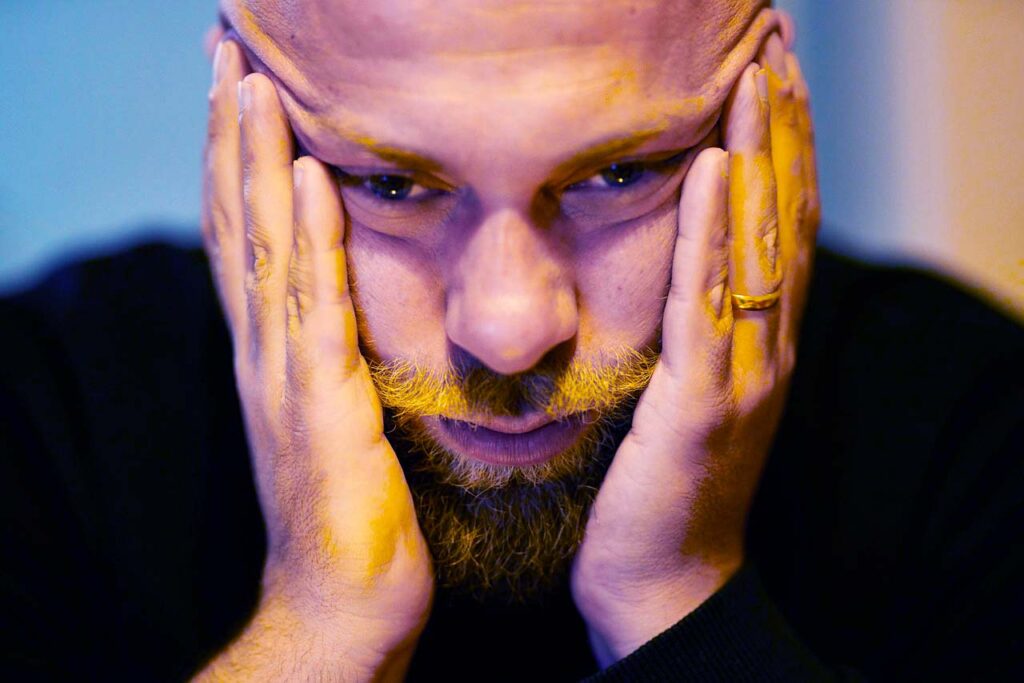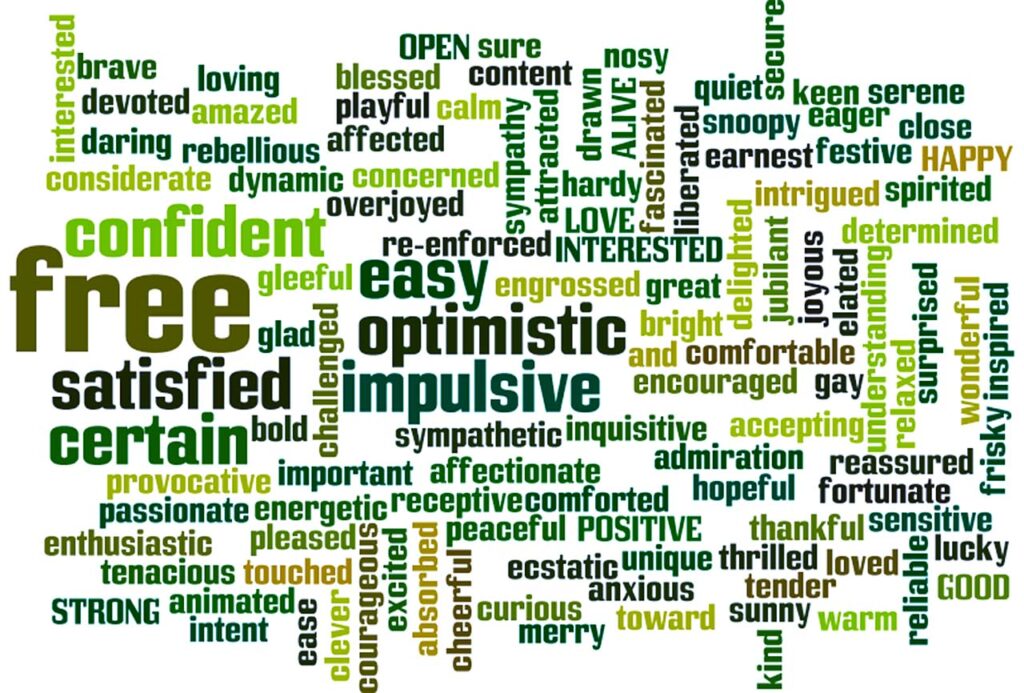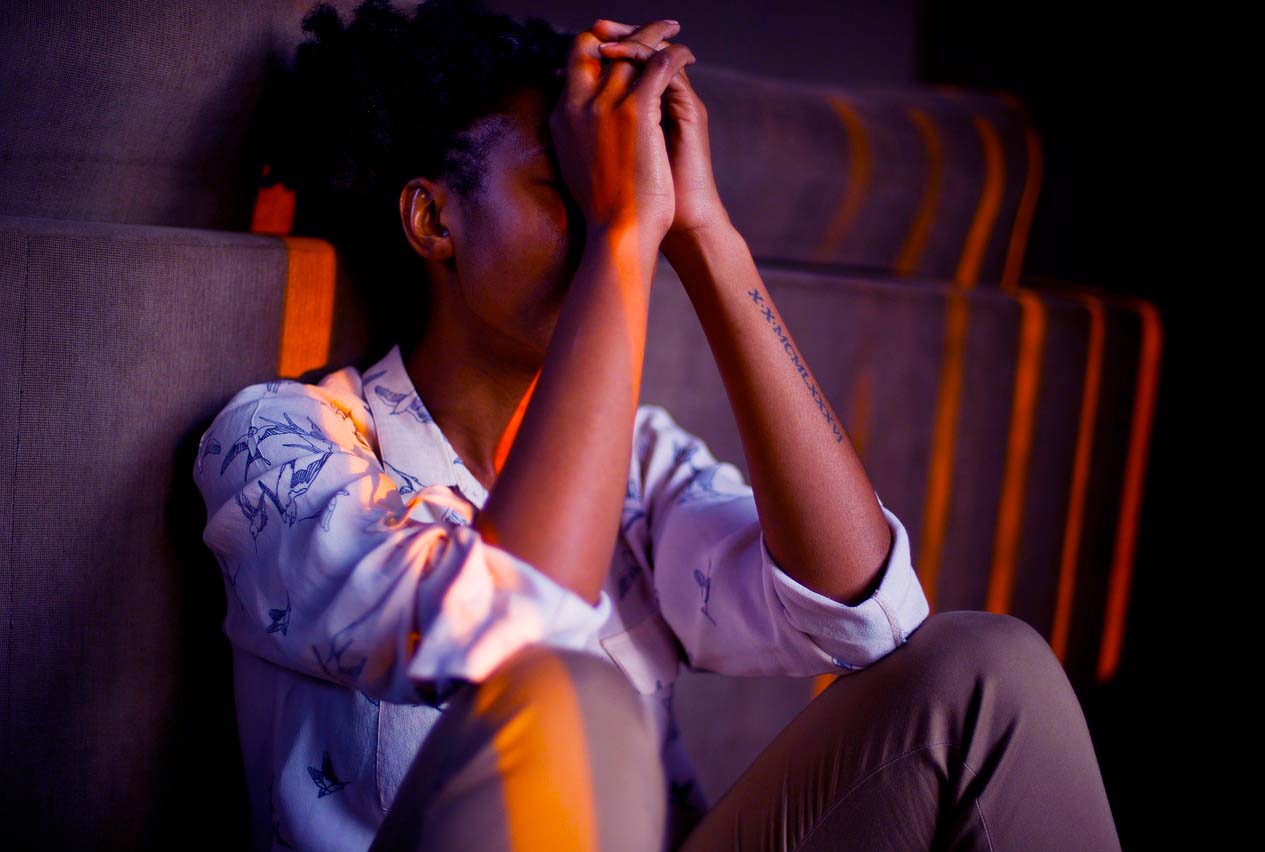Discover the Best Medication for Bipolar Depression and Anxiety
If you or a loved one are struggling with bipolar depression and anxiety, you know how challenging it can be to find the right treatment. Bipolar depression and anxiety can significantly impact an individual’s quality of life, making it crucial to find the best medication to manage symptoms.
With so many options available, it can be overwhelming to navigate the world of medications. That’s why we have put together this comprehensive guide to help you understand the different medications for bipolar depression and anxiety and find the best fit for you or your loved one. Please ignore the repetition of the title.

Outcomes:
- Choosing the right medication is crucial in managing symptoms of bipolar depression and anxiety.
- There are common medications used to treat bipolar depression and anxiety, including mood stabilizers, antidepressants, and anti-anxiety medications.
- Adjunctive therapies such as psychotherapy and lifestyle changes can complement medication treatment.
- Personalized treatment plans are important in finding what works best for you.
- Managing side effects and potential risks of medication is crucial in achieving balance, control, and peace of mind.
Understanding Bipolar Depression and Anxiety
If you or someone you know is struggling with bipolar depression and anxiety, it’s essential to first understand the conditions and their symptoms. Bipolar depression is a mental health disorder characterized by periods of extremely low mood and energy, while anxiety disorders involve excessive fear, worry, and apprehension.
People with bipolar depression may experience episodes of major depression, mania, hypomania, or mixed episodes. Symptoms of major depression include feelings of hopelessness, sadness, or emptiness, loss of interest in pleasurable activities, changes in appetite or sleep, and suicidal thoughts. On the other hand, manic or hypomanic episodes may involve elevated or irritable mood, increased energy, decreased need for sleep, racing thoughts, or reckless behavior. Best Medication for Bipolar Depression and Anxiety
Anxiety disorders, on the other hand, involve excessive fear or worry about various situations or events. Symptoms may include restlessness, fatigue, irritability, difficulty concentrating, muscle tension, and sleep disturbances. Common anxiety disorders include generalized anxiety disorder, social anxiety disorder, panic disorder, and specific phobias.
Both bipolar depression and anxiety can significantly impact an individual’s life, making it challenging to maintain relationships, work, and engage in daily activities. However, with proper diagnosis and treatment, it is possible to manage these conditions effectively. Best Medication for Bipolar Depression and Anxiety
What are 12 signs of Severe Depression in Women
Common Medications for Bipolar Depression and Anxiety
Several medications are commonly prescribed to manage bipolar depression and anxiety symptoms. It is important to know that each medication works differently and can affect individuals differently. Therefore, finding the right medication requires careful consideration and communication with healthcare professionals. Best Medication for Bipolar Depression and Anxiety
| Medication | Mechanism of Action | Potential Side Effects | Effectiveness in managing symptoms |
|---|---|---|---|
| Lithium | Stabilizes mood by altering the balance of certain chemicals in the brain. | Nausea, dry mouth, tremors, weight gain, increased thirst, and increased urination. | Effective in reducing manic episodes and preventing the recurrence of both manic and depressive episodes. |
| Valproic Acid | Stabilizes mood by increasing the levels of gamma-aminobutyric acid (GABA) in the brain. | Nausea, vomiting, indigestion, diarrhea, tremors, weight gain, hair loss, and liver problems. | Effective in reducing manic episodes and preventing the recurrence of both manic and depressive episodes. |
| Lamotrigine | Stabilizes mood by reducing the release of glutamate, a neurotransmitter associated with mood disorders. | Headache, dizziness, blurred vision, nausea, and skin rash (most serious side effect). | Effective in treating depressive episodes, but less effective in treating manic episodes and preventing the recurrence of both manic and depressive episodes. |
| Fluoxetine | Increases the levels of serotonin in the brain, which can improve mood and reduce anxiety. | Insomnia, nausea, headache, diarrhea, dry mouth, and decreased appetite. | Effective in treating depressive episodes, but less effective in treating manic episodes. |
| Clonazepam | Acts as a tranquilizer to reduce anxiety and panic attacks. | Dizziness, drowsiness, confusion, and tolerance. | Effective in reducing anxiety symptoms, but not recommended for long-term use due to the risk of dependence and addiction. |
While these medications are commonly prescribed, it is essential to keep in mind that the effectiveness and side effects of each medication can vary among individuals. Therefore, healthcare professionals may need to adjust the medication regimen or switch to a different medication to achieve the best results. Best Medication for Bipolar Depression and Anxiety

Mood Stabilizers: Finding Balance
Mood stabilizers are a class of medication commonly used to treat bipolar depression and anxiety. These medications work by regulating mood and preventing episodes of mania and depression, thereby providing balance in the individual’s mental health. Best Medication for Bipolar Depression and Anxiety
The Different Types of Mood Stabilizers
There are several types of mood stabilizers used to treat bipolar depression and anxiety. They include:
| Type of Mood Stabilizers | Examples |
|---|---|
| Lithium | Lithobid, Eskalith |
| Anticonvulsants | Valproate, Lamotrigine, Carbamazepine |
Lithium is the oldest and most commonly used mood stabilizer. Anticonvulsants such as valproate, lamotrigine, and carbamazepine are also effective in treating bipolar depression and anxiety. Best Medication for Bipolar Depression and Anxiety
The Benefits of Mood Stabilizers
Mood stabilizers are highly effective in managing bipolar depression and anxiety. They can help stabilize mood and prevent episodes of mania and depression, thereby reducing the severity and frequency of symptoms. Best Medication for Bipolar Depression and Anxiety
Furthermore, mood stabilizers are often preferred to other classes of medication because they have a lower risk of triggering manic episodes and are less likely to cause weight gain. They also have fewer side effects compared to other medications used to treat bipolar depression and anxiety. Best Medication for Bipolar Depression and Anxiety
Important Considerations When Using Mood Stabilizers
While mood stabilizers are generally safe and effective, there are some important considerations to keep in mind when using them.
Firstly, it’s essential to follow the medication regimen prescribed by your healthcare provider. This will ensure that you are using the medication most effectively and safely as possible. Secondly, you should be aware of potential side effects such as nausea, tremors, and weight gain. If you experience any of these side effects, it’s important to discuss them with your healthcare provider. Best Medication for Bipolar Depression and Anxiety
Lastly, if you are pregnant or planning to become pregnant, it’s important to discuss the use of mood stabilizers with your healthcare provider. Some mood stabilizers can be harmful to a developing fetus, so it’s important to weigh the benefits and risks of medication use during pregnancy. Best Medication for Bipolar Depression and Anxiety
Antidepressants: Uplifting the Mind
Antidepressants are a class of medications commonly used to treat bipolar depression and anxiety. These medications work by increasing the levels of certain neurotransmitters in the brain, such as serotonin and norepinephrine, which can help alleviate symptoms of depression and anxiety.
There are several types of antidepressants available, including selective serotonin reuptake inhibitors (SSRIs), serotonin-norepinephrine reuptake inhibitors (SNRIs), and tricyclic antidepressants (TCAs). SSRIs, such as Prozac and Zoloft, are often the first-line option due to their low risk of side effects and high success rate. However, SNRIs and TCAs may be more effective for individuals who do not respond to SSRIs. Best Medication for Bipolar Depression and Anxiety
When using antidepressants for bipolar depression and anxiety, it is important to carefully monitor their effects and discuss any concerns with a healthcare professional. While these medications can be highly effective, they may also carry risks such as increased suicidal thoughts or behaviors, especially in young adults. Best Medication for Bipolar Depression and Anxiety
Benefits of Antidepressants for Bipolar Depression and Anxiety
Antidepressants can be highly effective in treating bipolar depression and anxiety. They can help alleviate symptoms such as sadness, irritability, and fatigue, allowing individuals to regain their energy and motivation.
Antidepressants may also be beneficial in reducing anxiety symptoms, such as worry, panic attacks, and social anxiety. They can promote a sense of calm and relaxation, making it easier to cope with stressful situations. Best Medication for Bipolar Depression and Anxiety
Considerations When Using Antidepressants
While antidepressants can be highly effective, it is important to carefully consider their use and potential side effects. Healthcare professionals may monitor individuals using these medications for any changes in mood or behavior, and adjust the dosage or switch to a different medication if necessary. Best Medication for Bipolar Depression and Anxiety
It is also important to avoid abruptly stopping antidepressants, as this can cause withdrawal symptoms such as headaches, nausea, and dizziness. Healthcare professionals may recommend tapering off the medication slowly to minimize the risk of withdrawal.
Additionally, individuals taking antidepressants should be aware of potential side effects such as weight gain, sexual dysfunction, and dry mouth. These side effects can vary depending on the medication and individual and should be discussed with a healthcare professional. Best Medication for Bipolar Depression and Anxiety
Anti-anxiety Medications: Calming the Storm
Bipolar depression and anxiety can be overwhelming, and anti-anxiety medications can help manage the symptoms of these conditions. These medications are designed to reduce anxiety and promote calmness, making them a valuable tool in managing the emotional turmoil that often comes with bipolar depression and anxiety. Best Medication for Bipolar Depression and Anxiety
There are several types of anti-anxiety medications commonly used to treat bipolar depression and anxiety:
| Medication | Mechanism of Action | Side Effects |
|---|---|---|
| Benzodiazepines | Enhance the effect of GABA, a neurotransmitter that reduces anxiety | Drowsiness, dizziness, confusion, and risk of dependence |
| Buspirone | Activates serotonin receptors, reducing anxiety | Nausea, dizziness, headache |
| Beta-blockers | Block the effects of adrenaline, reducing physical symptoms of anxiety such as rapid heartbeat and trembling | Dizziness, fatigue, and gastrointestinal problems |
Important considerations when using anti-anxiety medications:
- Anti-anxiety medications can be habit-forming, so they should only be used as prescribed and under the supervision of a healthcare professional.
- Some anti-anxiety medications, such as benzodiazepines, have a risk of dependence and withdrawal symptoms if discontinued abruptly.
- Anti-anxiety medications can interact with other medications, so it’s important to inform healthcare professionals of all medications being taken.
- Individuals with a history of substance abuse may be at higher risk of developing a dependence on anti-anxiety medications.
Overall, anti-anxiety medications can be a valuable tool in managing the symptoms of bipolar depression and anxiety. However, it’s important to work closely with healthcare professionals and monitor for potential side effects or dependence. Best Medication for Bipolar Depression and Anxiety

Adjunctive Therapies: Enhancing Treatment
Managing bipolar depression and anxiety requires a comprehensive treatment approach that goes beyond medication. Adjunctive therapies can play a critical role in enhancing treatment outcomes by providing individuals with additional tools and resources to manage their symptoms.
Psychotherapy
Psychotherapy, also known as talk therapy, is a form of treatment that involves working with a mental health professional to explore and address the underlying causes of bipolar depression and anxiety. There are several types of psychotherapy, including cognitive-behavioral therapy (CBT), dialectical behavior therapy (DBT), and interpersonal therapy (IPT).
Studies have shown that psychotherapy can be effective in reducing symptoms of bipolar depression and anxiety and improving overall quality of life. It can also help individuals develop coping strategies and problem-solving skills, which can be beneficial in managing symptoms over the long term. Best Medication for Bipolar Depression and Anxiety
Lifestyle Changes
In addition to psychotherapy, making lifestyle changes can also help manage bipolar depression and anxiety. Regular exercise, a healthy diet, and getting enough sleep are all important factors in maintaining overall health and well-being. Best Medication for Bipolar Depression and Anxiety
Engaging in stress-reducing activities, such as mindfulness meditation and yoga, can also be beneficial. These practices can help individuals learn how to manage their emotions and reduce stress, which can help alleviate symptoms of bipolar depression and anxiety. Best Medication for Bipolar Depression and Anxiety
Self-Care Practices
Self-care practices are another important aspect of adjunctive therapy for managing bipolar depression and anxiety. These practices can include anything that promotes physical and emotional well-being, such as taking time for oneself, engaging in enjoyable activities, and practicing relaxation techniques.
Self-care practices can help individuals manage their symptoms by providing them with a sense of control and empowerment over their health and well-being. They can also improve overall quality of life and help individuals develop a greater sense of self-awareness and self-compassion. Best Medication for Bipolar Depression and Anxiety
Incorporating adjunctive therapies into a comprehensive treatment plan for bipolar depression and anxiety can be highly beneficial. By working closely with healthcare professionals and exploring these additional resources, individuals can improve their overall well-being and achieve better treatment outcomes. Best Medication for Bipolar Depression and Anxiety
Personalized Treatment: Finding What Works for You
When it comes to treating bipolar depression and anxiety, there is no one-size-fits-all approach. Personalized treatment plans are essential for managing these conditions effectively. Healthcare professionals are crucial in helping individuals find the best medication regimen tailored to their specific needs and preferences.
Personalized treatment plans typically involve a combination of medication and adjunctive therapies, such as psychotherapy and lifestyle changes. Finding the right medication is often a trial-and-error process, as different medications can have varying effects on individuals with bipolar depression and anxiety. Best Medication for Bipolar Depression and Anxiety
Factors That Influence Personalized Treatment
Several factors can influence the selection of medication and adjunctive therapies for bipolar depression and anxiety. These can include:
- The severity of symptoms
- The presence of co-occurring conditions
- The individual’s medical history and current health status
- The individual’s lifestyle and personal preferences
- Potential side effects of the medication
- Possible interactions with other medications or supplements
The Role of Healthcare Professionals in Personalized Treatment
Healthcare professionals, such as psychiatrists and primary care physicians, play a crucial role in helping individuals find the right medication for their bipolar depression and anxiety. They can conduct a thorough evaluation of the individual’s symptoms, medical history, and lifestyle to identify potential treatment options. They can also monitor the individual’s progress over time and make adjustments to the treatment plan as needed. Best Medication for Bipolar Depression and Anxiety
Individuals with bipolar depression and anxiety need to communicate openly with their healthcare professionals about their symptoms and any potential side effects they may be experiencing. This can help healthcare professionals make informed decisions about adjusting medication dosages or trying new medications.
Benefits of Personalized Treatment
Personalized treatment for bipolar depression and anxiety can have several benefits, including:
- Improved symptom management
- Reduced risk of adverse side effects
- Increased treatment adherence
- Enhanced quality of life
By working closely with healthcare professionals and actively participating in the treatment process, individuals with bipolar depression and anxiety can achieve balance, control, and peace of mind. Best Medication for Bipolar Depression and Anxiety
Managing Side Effects and Considerations
While medication can be an effective tool in managing bipolar depression and anxiety, it is important to consider potential side effects and other important factors before starting treatment.

Side Effects
Most medications used to treat bipolar depression and anxiety can cause side effects, ranging from mild to severe. Common side effects of mood stabilizers, antidepressants, and anti-anxiety medications may include:
| Side Effects | Mood Stabilizers | Antidepressants | Anti-Anxiety Medications |
|---|---|---|---|
| Drowsiness | ✔️ | ✔️ | ✔️ |
| Dizziness | ✔️ | ✔️ | ✔️ |
| Nausea | ✔️ | ✔️ | ✔️ |
| Weight gain | ✔️ | ✔️ | ✔️ |
| Tremors | ✔️ | ❌ | ❌ |
| Decreased libido | ❌ | ✔️ | ❌ |
It is important to talk to your healthcare professional about any potential side effects you may experience and how to manage them. They may be able to adjust the medication dosage or prescribe additional medications to alleviate side effects. Best Medication for Bipolar Depression and Anxiety
Considerations
When using medication to treat bipolar depression and anxiety, there are several important considerations to keep in mind:
- Inform your healthcare professional about all medications, supplements, and herbal remedies you are taking to avoid potential interactions.
- Be patient. It may take several weeks or months to see the full benefits of medication.
- Do not stop taking medication without consulting with your healthcare professional first. Abruptly stopping medication can lead to worsening symptoms and potential withdrawal effects.
- Keep track of any changes in mood or behavior while taking medication and report them to your healthcare professional immediately.
- Follow the prescribed dosage and schedule for medication. Taking more or less than the prescribed amount can be dangerous and reduce the effectiveness of treatment.
By considering potential side effects and important factors when using medication in the treatment of bipolar depression and anxiety, individuals can manage symptoms effectively and achieve balance, control, and peace of mind. Best Medication for Bipolar Depression and Anxiety
Conclusion
Managing bipolar depression and anxiety can be challenging, but with the right medication and treatment plan, individuals can achieve balance, control, and peace of mind. Working closely with healthcare professionals is crucial to finding the best medication that suits individual needs and preferences. Best Medication for Bipolar Depression and Anxiety
Personalized Treatment
Each individual is unique, and the treatment plan should be tailored accordingly. The healthcare professional should consider factors such as medical history, current symptoms, and potential side effects when choosing the most appropriate medication. Best Medication for Bipolar Depression and Anxiety
Adjunctive Therapies
Adjunctive therapies such as psychotherapy, lifestyle changes, and self-care practices can enhance the effectiveness of medication in managing bipolar depression and anxiety. It is important to incorporate these therapies into the treatment plan. Best Medication for Bipolar Depression and Anxiety
Managing Side Effects and Considerations
Managing side effects and potential interactions with other medications is essential to ensure effective treatment. Individuals should communicate any side effects to their healthcare professional so that adjustments can be made if necessary. Best Medication for Bipolar Depression and Anxiety
In conclusion, finding the best medication for bipolar depression and anxiety is achievable with the right support and guidance. By working closely with healthcare professionals and exploring all available treatment options, individuals can take control of their mental health and improve their quality of life. Best Medication for Bipolar Depression and Anxiety
FAQ
What is bipolar depression?
Bipolar depression is a mood disorder characterized by the presence of both depressive and manic episodes. It is also known as bipolar disorder and can cause significant disruptions in mood, energy levels, and daily functioning.
What is anxiety?
Anxiety is a psychological condition characterized by excessive worry, fear, and apprehension. It can manifest as physical symptoms such as rapid heart rate, trembling, and restlessness. Anxiety disorders can significantly impact daily life and overall well-being.
Why is finding the right medication important?
Finding the right medication is crucial for effectively managing bipolar depression and anxiety. It can help stabilize moods, alleviate symptoms, and improve overall quality of life. Working with healthcare professionals to find the best medication can provide balance, control, and peace of mind.
What are common medications used for bipolar depression and anxiety?
Common medications used for bipolar depression and anxiety include mood stabilizers, antidepressants, and anti-anxiety medications. These medications are prescribed based on individual needs and can help manage symptoms and promote well-being.
What are mood stabilizers?
Mood stabilizers are medications commonly prescribed for bipolar depression and anxiety. They help regulate mood swings and maintain stability. Different types of mood stabilizers are available, and their benefits and considerations should be discussed with a healthcare professional.
How do antidepressants help in treating bipolar depression and anxiety?
Antidepressants can help alleviate symptoms of depression and anxiety associated with bipolar disorder. They work by balancing neurotransmitters in the brain. It is important to work closely with a healthcare professional to determine the appropriate use of antidepressants and monitor for potential risks and benefits.
What are anti-anxiety medications?
Anti-anxiety medications are prescribed to manage symptoms of anxiety, including those experienced in bipolar depression and anxiety. They can provide relief from excessive worry and promote a sense of calm. Different types of anti-anxiety medications are available, and their effects should be discussed with a healthcare professional.
Can adjunctive therapies enhance medication treatment?
Yes, adjunctive therapies such as psychotherapy, lifestyle changes, and self-care practices can complement medication in the treatment of bipolar depression and anxiety. These therapies can provide additional support, and coping strategies, and improve overall well-being.
Why is personalized treatment important?
Personalized treatment plans are essential in managing bipolar depression and anxiety. Each individual’s needs and preferences are unique, and working with healthcare professionals to tailor medication regimens based on these factors can enhance treatment outcomes and ensure optimal results.
How can side effects be managed?
Managing side effects of medication for bipolar depression and anxiety may involve adjusting the dosage or exploring alternative medications. It is important to communicate any concerns or side effects to a healthcare professional to ensure appropriate management and overall well-being.
What are some important considerations when using medication for bipolar depression and anxiety?
Some important considerations include potential interactions with other medications, adherence to prescribed regimens, and regular communication with healthcare professionals. It is crucial to discuss any concerns or changes in symptoms with a healthcare professional to ensure safe and effective treatment.
Best Medication for Bipolar Depression and Anxiety

